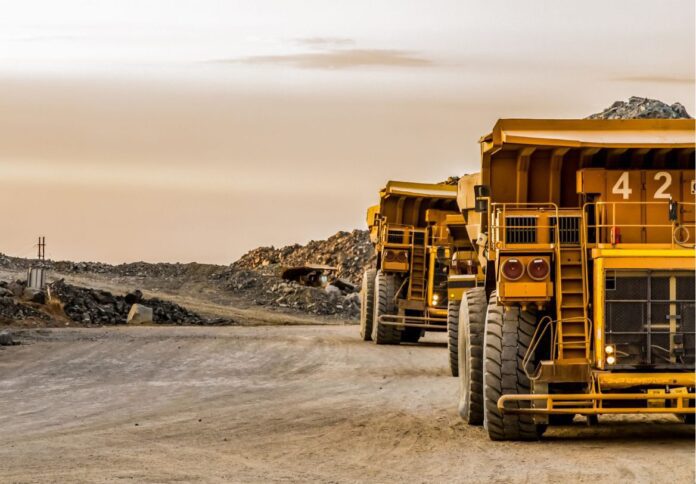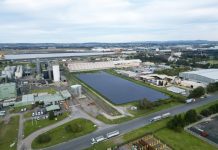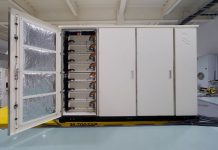
Australia is at risk of losing its competitive edge in natural gas investment, threatening its energy security, economic outlook, and climate goals, according to a new report released by global research and consultancy firm Wood Mackenzie.
The Australia’s Natural Gas Investment Competitiveness report, released on 26 May, found that while global investment in gas exploration has grown nearly 30 per cent over the past five years, Australia’s growth over the same period has been limited to just 15 per cent.
The report, which includes survey responses from chief executives of Australian gas producers, highlighted a downturn in investor confidence.
According to the findings, 95 per cent of surveyed executives believe Australia has become a less attractive destination for investment compared to five years ago.
More than 95 per cent of respondents also reported that government policy changes and regulatory settings have directly impacted their investment decisions, with one in five affected projects either cancelled or relocated offshore.
Australian Energy Producers Chief Executive Samantha McCulloch said the findings point to the need for stable and competitive policy frameworks to secure future investment in gas exploration and development.
“The new political landscape presents opportunities for industry to work with the Government and Opposition on bipartisan and enduring policy reforms for Australia’s long-term energy security and economic growth,” Ms McCulloch said.
The report also noted a sharp decline in Australia’s share of global energy investment. Major international oil companies now allocate only 15 per cent of their investment portfolios to Australia, down from 40 per cent just over a decade ago.
Meanwhile, countries like the United States, Qatar, and Canada have increased their share by launching new liquefied natural gas (LNG) projects and expanding exploration.
Wood Mackenzie’s analysis warns that Australia is falling behind its peers in both LNG capacity and exploration.
While the mid-2010s saw Australia lead a global wave of LNG development, more recent projects are being driven by other countries, with Australia “no longer featuring significantly” in the emerging wave of global investment.
The report projects global LNG demand will rise by 58 per cent by 2050, with the Asia-Pacific region expected to account for three-quarters of that demand.
However, Australia’s current LNG investment activity remains at just a quarter of the levels seen elsewhere.
McCulloch said realising Australia’s energy potential will require urgent action to streamline project approvals, support critical infrastructure, and recognise the role of gas in supporting a cleaner energy future.
“Australia now trails peer nations such as the United States, Canada, Qatar, Norway and countries in South-East Asia and Africa in key investment areas,” she said.
The report also raises concerns about Australia’s position in the emerging carbon capture, utilisation and storage (CCUS) market.
“Energy and climate policy must go hand-in-hand with economic policy,” McCulloch said. “Without a stable policy and regulatory environment, Australia risks losing its energy edge and missing out on the next wave of global investment.”




















